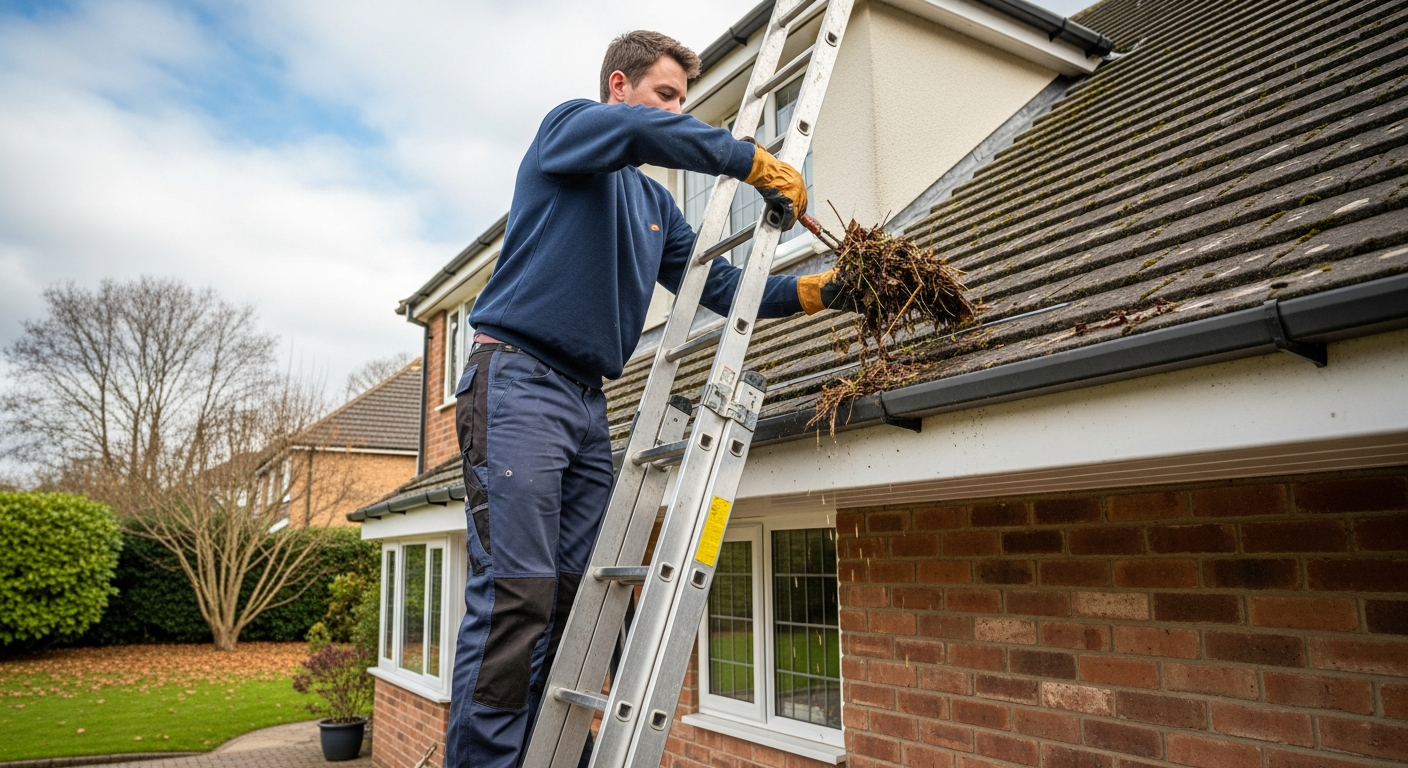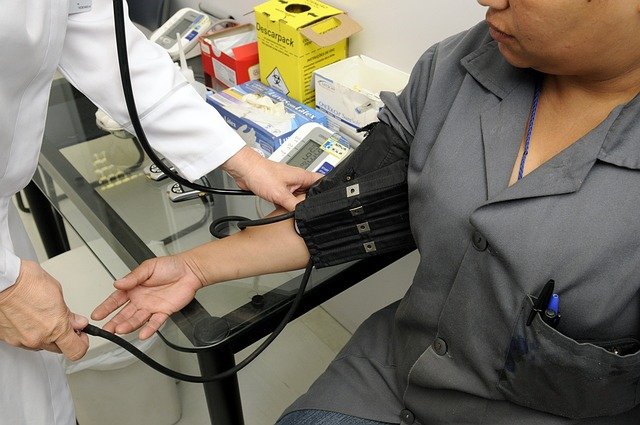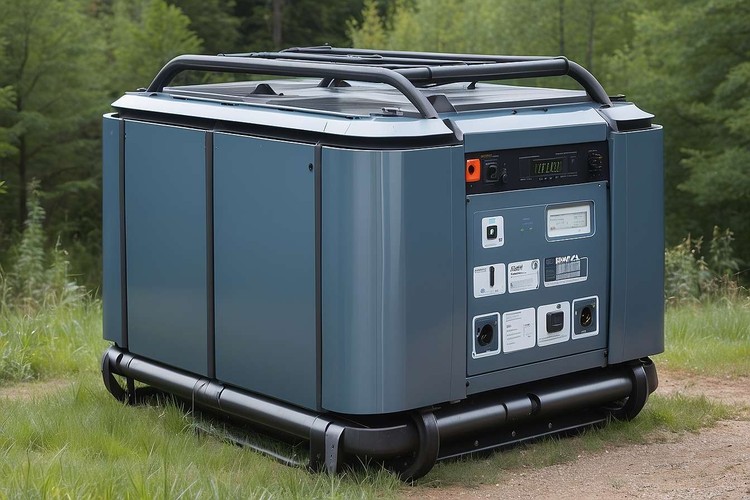Dental Implants Cost for Seniors in the UK – Everything You Need to Know
Understanding the financial commitment involved in dental implants is crucial for seniors considering tooth replacement options. From single tooth replacements to full mouth restorations, the costs can vary significantly based on treatment complexity, materials used, and the dental practice chosen. This comprehensive guide explores what seniors in the UK can expect to pay for dental implants, the factors influencing pricing, and how to make informed decisions about this important investment in oral health and quality of life.

Dental implants have become an increasingly popular solution for seniors facing tooth loss, offering a permanent and natural-looking alternative to dentures or bridges. As people age, tooth loss becomes more common due to factors such as gum disease, decay, or injury. While dental implants provide excellent functionality and aesthetics, understanding the associated costs is essential for making informed decisions about oral health care.
How Much Does a Full Set of Teeth Implants Cost in the UK
When considering a complete mouth restoration, the investment can be substantial. A full set of teeth implants typically involves placing multiple implants in each jaw to support fixed prosthetic teeth. The most common approach is the All-on-4 or All-on-6 technique, which uses four to six strategically placed implants per arch to support a full set of replacement teeth.
For a full upper or lower arch, costs generally range from £8,000 to £15,000, though premium treatments at specialist clinics can exceed £20,000 per arch. The total cost for replacing all teeth in both jaws can therefore range from £16,000 to £40,000 or more. These figures include the surgical placement of implants, the prosthetic teeth, and associated procedures such as bone grafting if required. The significant variation in pricing reflects differences in implant brands, materials used for the prosthetic teeth, the dentist’s expertise, and the location of the practice.
Dental Implants Cost for Seniors in the UK
Seniors often face unique considerations when it comes to dental implant costs. While age itself does not typically affect the base price of implants, seniors may require additional preparatory treatments such as bone grafting due to bone loss over time. A single dental implant, including the crown, typically costs between £2,000 and £3,500 in the UK. For seniors requiring multiple implants, many practices offer package deals that can reduce the per-implant cost.
Some dental practices provide senior discounts or flexible payment plans to make treatment more accessible. Additionally, while NHS dental treatment covers many procedures, dental implants are generally not available through the NHS except in specific circumstances such as following trauma or cancer treatment. Private dental insurance may offer partial coverage, though many policies exclude implants or impose waiting periods and annual limits. Seniors should thoroughly research their options and consider dental payment plans that spread the cost over several months or years.
How Much Does it Cost to Replace All Your Teeth in the UK
Replacing all your teeth involves several treatment options beyond traditional implants. The choice between removable dentures, implant-supported dentures, or fixed implant bridges significantly affects the overall cost. Traditional complete dentures represent the most affordable option, ranging from £500 to £2,500 per arch through private practices, though these lack the stability and comfort of implant-supported solutions.
Implant-supported dentures, which use two to four implants per arch to secure removable dentures, typically cost between £4,000 and £10,000 per arch. This option provides better stability than traditional dentures while remaining more affordable than fixed implant bridges. Fixed implant bridges, such as the All-on-4 system, offer the most natural feel and function but represent the highest investment, as previously mentioned. The total cost to replace all teeth depends on the chosen method, the number of implants required, and whether additional procedures like extractions, bone grafting, or sinus lifts are necessary.
Cost Comparison: Dental Implant Providers in the UK
To help seniors make informed decisions, here is a comparison of typical costs across different types of dental providers:
| Provider Type | Single Implant Cost | Full Arch (All-on-4) | Key Features |
|---|---|---|---|
| General Dental Practice | £2,000 - £2,800 | £10,000 - £15,000 | Standard materials, local anesthesia, flexible appointments |
| Specialist Implant Clinic | £2,500 - £3,500 | £12,000 - £20,000 | Advanced technology, specialist surgeons, premium materials |
| Dental School/Teaching Hospital | £1,500 - £2,200 | £8,000 - £12,000 | Supervised treatment, longer appointments, cost-effective |
| Corporate Dental Chain | £2,200 - £3,000 | £11,000 - £16,000 | Standardized pricing, payment plans, multiple locations |
Prices, rates, or cost estimates mentioned in this article are based on the latest available information but may change over time. Independent research is advised before making financial decisions.
Factors Affecting Dental Implant Costs for Seniors
Several factors influence the final cost of dental implants for seniors. The quality and brand of the implant system play a significant role, with premium European or American brands typically costing more than budget alternatives. The experience and qualifications of the dental surgeon also affect pricing, as specialists with advanced training often charge higher fees.
Geographical location matters considerably, with practices in London and the South East generally charging 20-30% more than those in other regions. Additional procedures such as bone grafting, sinus lifts, or tooth extractions add to the overall cost, with bone grafts alone ranging from £400 to £1,200 per site. The type of crown material selected, whether porcelain-fused-to-metal or all-ceramic zirconia, also impacts the final price. Seniors should request detailed treatment plans that itemize all costs to avoid unexpected expenses.
Making Dental Implants More Affordable
For seniors concerned about affordability, several strategies can help manage costs. Many dental practices offer interest-free or low-interest payment plans that spread the cost over 12 to 60 months. Some providers partner with third-party finance companies specializing in medical and dental loans. Dental tourism to countries like Hungary, Poland, or Turkey can reduce costs by 50-70%, though this option carries risks regarding follow-up care and warranty coverage.
Seniors should also explore whether their private dental insurance provides any coverage for implants, even if partial. Some policies cover related procedures such as extractions or bone grafting. Additionally, considering treatment at dental schools where supervised students perform procedures under expert guidance can significantly reduce costs while maintaining quality standards. Comparing quotes from multiple providers and asking about package deals for multiple implants can also yield savings.
Dental implants represent a significant investment, but for many seniors, the benefits of improved oral function, confidence, and quality of life justify the cost. By understanding the various factors affecting pricing and exploring available options, seniors can make informed decisions that balance their dental health needs with their financial circumstances. Consulting with multiple dental professionals and thoroughly researching payment options ensures that seniors can access this transformative treatment in a way that suits their individual situation.
This article is for informational purposes only and should not be considered medical advice. Please consult a qualified healthcare professional for personalized guidance and treatment.




